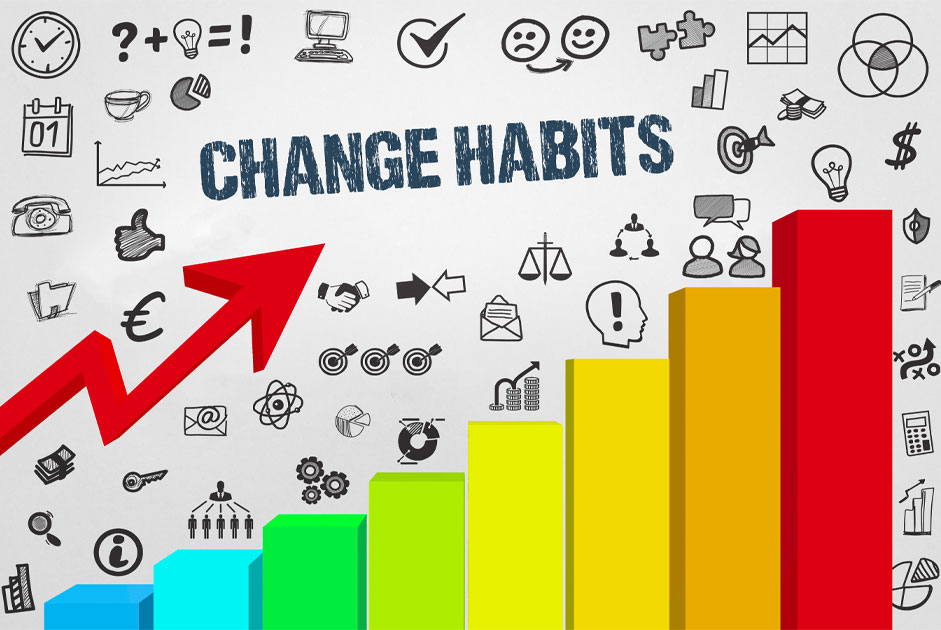The holiday season can be a tremendously stressful time for many individuals who are struggling with a mental health concerns.
According to a survey, the National Alliance on Mental Illness (NAMI) reported that approximately 24% of people with a diagnosed mental illness find that the holidays make their condition “a lot” worse and 40% “somewhat” worse. The pressure of trying to do everything, planning the perfect holiday, traveling to visit family, saying yes to every event, meeting those year-end deadlines and the financial burdens of holiday shopping, can be enough to send anyone into a tail spin. This holiday hustle and bustle cannot only heavily impact individuals who are prone to anxiety, depression and stress (and a lack of sleep) but can also take a toll on those who have never experienced a mental illness.
“For many people the holiday season is not always the most wonderful time of the year” exclaimed the medical director of NAMI. “What the survey shows is a tremendous need for people to reach out and watch out for each other in keeping with the spirit of the season.” In another survey, approximately 755 of the overall respondents reported that the holidays contribute to feelings of sadness and dissatisfaction. 68% of survey participants felt financially strained, 66% experienced loneliness, 63% felt an overwhelmingly sense of pressure, 55% found themselves remembering happier times in the past contrasting with the present, while 50% were unable to be with loved ones.
If you find yourself feeling anxious for the holidays, you are certainly not alone. Here are a few steps you can take to prioritize your mental health during this hectic season:
1. Accept Your Feelings
The holidays can bring up a range of emotions for people. Sometimes you can even experience seemingly contradictory emotions all at once. Try your best to acknowledge and accept your emotions rather than place judgment on them. It’s OK to feel happy; it’s OK to feel sad; it’s even OK to feel both happy and sad. Give yourself compassion and allow yourself to sit with whatever you’re feeling.
2. Maintain Healthy Habits
For many people, the holidays lead to a massive disruption in your day-to-day routine. But maintaining healthy habits like going to therapy, getting enough sleep and exercising are critical to keeping your mental health on track.
3. Set Boundaries
People like to be generous during the holidays, but that generosity doesn’t have to come at the expense of having healthy boundaries. If hosting an event or buying an expensive gift is too stressful, it’s OK to say no. It’s also OK to limit the time you spend with family that you may have a complicated dynamic with.
4. Know When To End Unwanted Conversations
Many families have that one toxic member (or maybe there are a few of them) who can turn a seemingly fine conversation into a family feud.
When you see things start to take a turn for the worse, DO NOT POKE THE BEAR. There is no shame in removing yourself from the situation—leave the room or step outside until cooler heads prevail.
If your dread is more centered around being grilled by friends and family about things like your relationship status, weight gain, or a tough life event you’ve faced recently, it may help to rehearse any replies to anticipated questions in advance of gatherings, so you don’t find yourself struggling to figure out what to say. You can change the subject of the conversation if you don’t feel like having a particular discussion, but try not to do so in a provocative or defensive way. And, you can simply inform someone that the topic they are bringing up is a sensitive one that you would rather not discuss.
5. Make Time To Connect
If you prefer to spend the holidays by relaxing in solitude or engaging in self-reflection, there is nothing wrong with taking time to engage in self-care practices. However, please remember that connection and meaning are critical to your mental health. Make time for your important relationships and connect with others. You can even connect with loved ones who are no longer with you through a family tradition or a personal remembrance ritual.
So, this holiday season — whether you find it to be the most wonderful or most difficult time of the year — I hope you’ll take care of your mental health by accepting whatever emotions come up, maintaining healthy habits, setting boundaries on stressors and making time for meaningful connection.
You can find a few more ideas to protect your mental health during the holidays from AFSP by clicking here.










